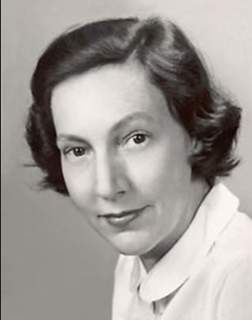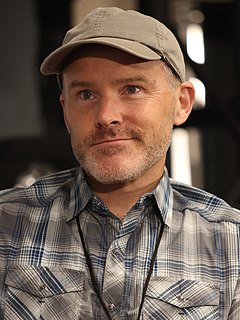A Quote by Lane Kiffin
My phone was not ringing very much at the time after USC, and that was a very humbling experience after being let go there and to go through that process. You start calling a lot of people that don't call you back all of a sudden, and you realize things about people.
Related Quotes
There are no atheists in foxholes, they say, and I was a foxhole atheist for a long time. But after going through a midlife crisis and having many things change very quickly, it made me realize my mortality. And when you start to think about death, you start to think about what's after it. And then you start hoping there is a God.
We all have to go through our own spiritual process. It is very difficult. Some people are struggling and they are in their teens. Some people are in their 50s and they're struggling. Some people go through life and die not being able to accept themselves. Tragic. But it's very individual. And it's about self-esteem.
Being a reporter is one of the noblest things you can do in life. Letting the people know. It's really a holy cause. Time after time after time, in the middle of corruption and disgrace and bad politics, I've seen people come through and do for people. I write about someone in trouble and someone else rallies to help them. Through reporting, things can change.
My writing has to excite people and depict or include their experiences. That's part of my process - to go out and interact with people. It's very much like an archival process. I understand that the Brothers Grimm would go out and get people talking so they could document folk tales that weren't being documented any other way. I try to offer a little bit of myself - some experience from my life that evokes stories in other people.
The difference between me and other athletes is that I'm speaking on things that I go through that I know other people go through. I think a lot of times the mistake in music if you're broke, rap about being broke, if you're sensitive, rap about being sensitive, 'cause there are other sensitive people. If you're sensitive but you talk about being a tough person that doesn't care about anything, people will call your bluff.
You will love again, people say. Give it time. Me with time running out. Day after day of the everyday. What they call real life, made of eighth-inch gauge. Newness strutting around as if it were significant. Irony, neatness and rhyme pretending to be poetry. I want to go back to that time after Michiko's death when I cried every day among the trees. To the real. To the magnitude of pain, of being that much alive.
Humans metabolize their purchases very quickly, even if it seemed worth it for any number of reasons when you first bought it. After some time passes, people will go back to feeling the baseline feelings they had previously felt about themselves, no matter how shiny the object, the hair, or the experience.
To be honest, when you're younger and cooler, you say those sort of things don't mean anything, but then on the day when they pat you on the back and they say, "Look, mate, we're noticing what you're doing-thanks very much;' you think of the people who spent a life in the cinema and didn't receive that kind of accolade, and it's sort of a humbling experience. And it's very nice and all that. But it doesn't change the way I do things.
Maybe when I was a kid, when you have those crazy dreams about what music is going to be like - a string of No. 1 hits, a limo, and a fairground in your back garden - and then you start as a musician, and you realize very, very quickly, that's not how things work. So I just let go of all that stuff.





































